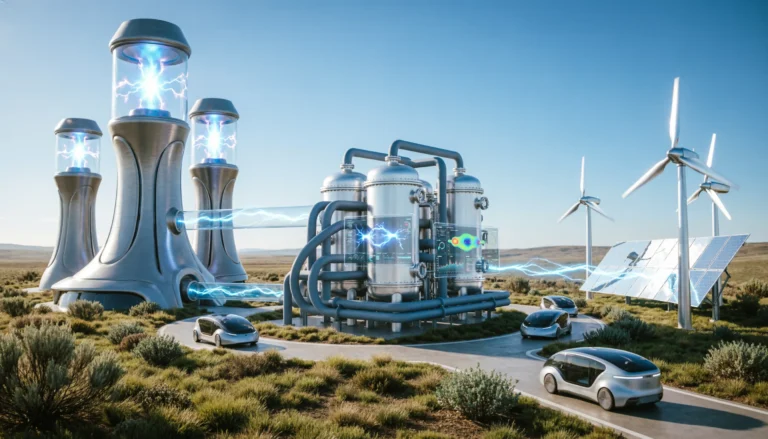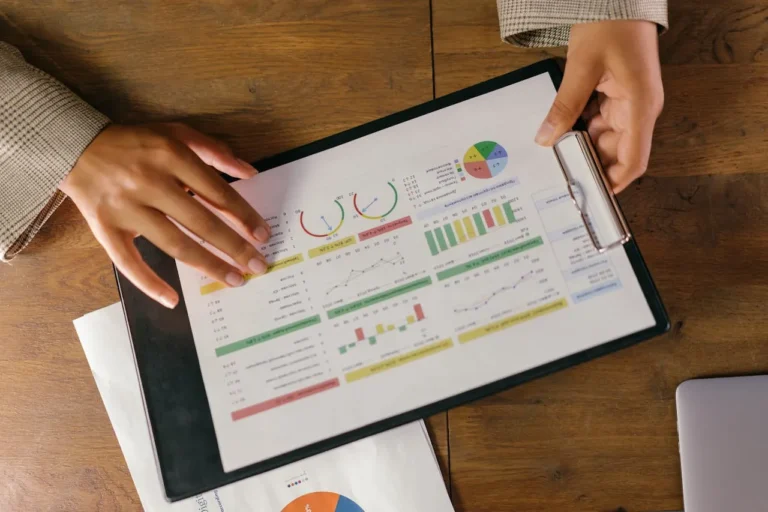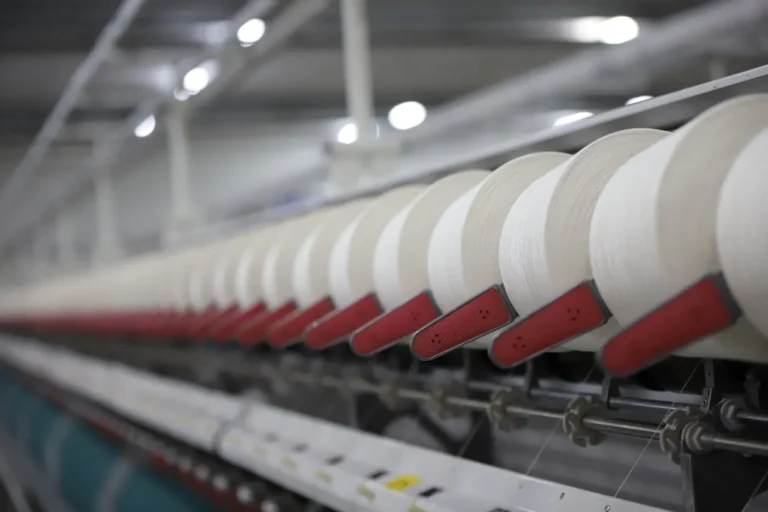
Bayer has announced plans to introduce ten blockbuster products over the next decade, each expected to contribute more than 500 million euros to the company’s peak sales potential. This initiative is part of Bayer’s commitment to support farmers worldwide by providing new technologies that enhance yields and promote regenerative agriculture.
The company aims to scale regenerative agriculture on over 400 million acres globally by the mid-2020s. This approach focuses on improving soil health, increasing productivity, and mitigating climate change by reducing greenhouse gas emissions and enhancing carbon sequestration in the soil. Bayer also plans to double its accessible market to over 200 billion euros by investing in ag-adjacent spaces like biofuels and digital platforms.
Frank Terhorst, Head of Strategy and Sustainability at Bayer’s Crop Science Division, emphasized the importance of innovation and regenerative practices in addressing food security and climate change. Bob Reiter, Head of R&D, highlighted Bayer’s shift towards integrated agricultural systems that combine seeds, traits, crop protection, and digital solutions to benefit farmers and the environment.
Bayer’s R&D pipeline focuses on three pillars: an annual portfolio refresh, new products with blockbuster potential, and collaborations on technologies like gene editing. The company is also developing the Preceon Smart Corn System to improve corn production globally, along with next-generation insect control traits and new herbicide tolerance traits for soybeans.
In addition, Bayer is transforming rice cultivation with its direct-seeded rice system, which reduces water use and greenhouse gas emissions. The company is also developing Hybrid Wheat to support sustainable production and food security.
Bayer’s CropKey approach aims to revolutionize crop protection chemistry by designing new molecules using virtual screening and computational modeling. This approach has led to the development of Icafolin, a new post-emergent herbicide, and other innovative products for pest and disease control.
The company is also expanding its biologicals portfolio, with products like Ibisio, a biological bird control, and partnerships to accelerate the delivery of bio-insecticides. Bayer’s digital initiatives, including Climate FieldView and AgPowered Services with Microsoft, are leveraging AI to enhance decision-making for farmers and agronomists.
Overall, Bayer’s ambitious plans underscore its commitment to innovation and sustainability in agriculture, aiming to address global challenges while supporting farmers and promoting environmental stewardship.







